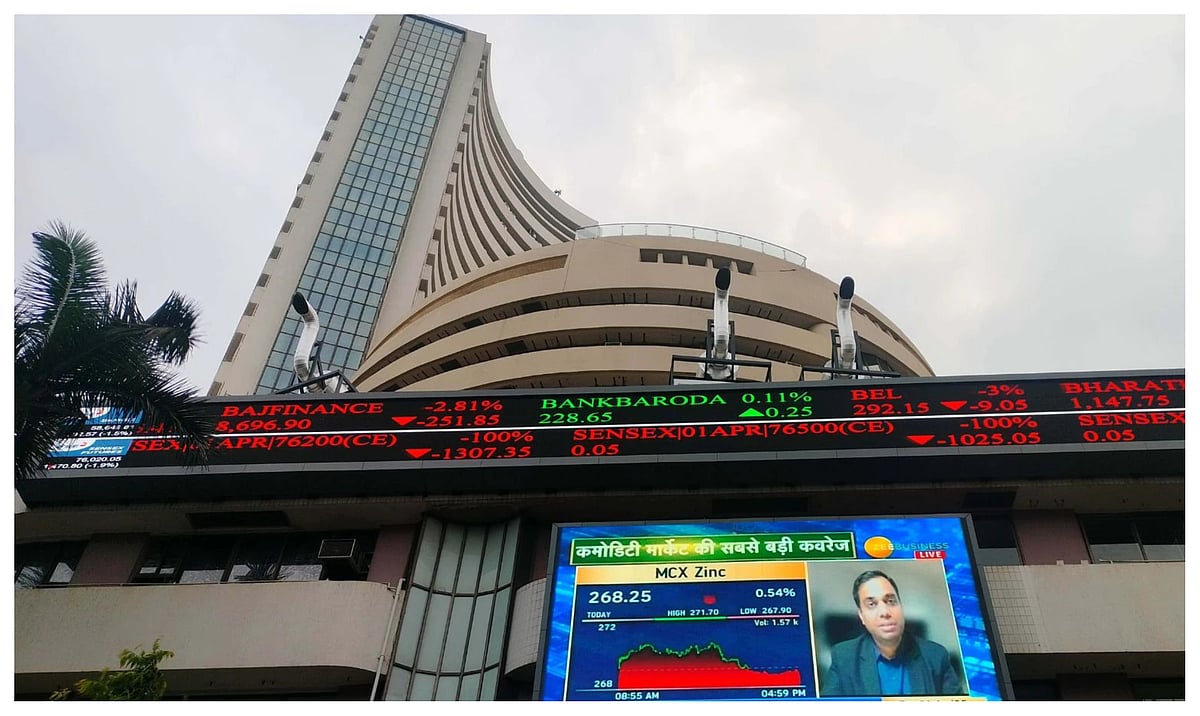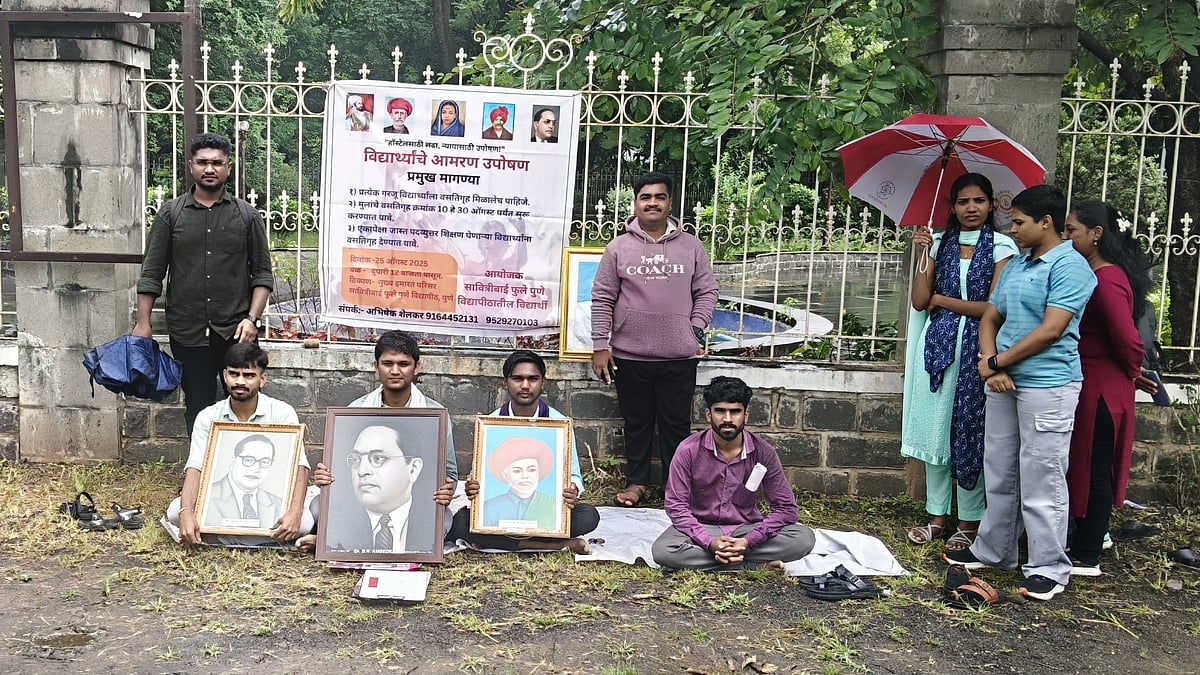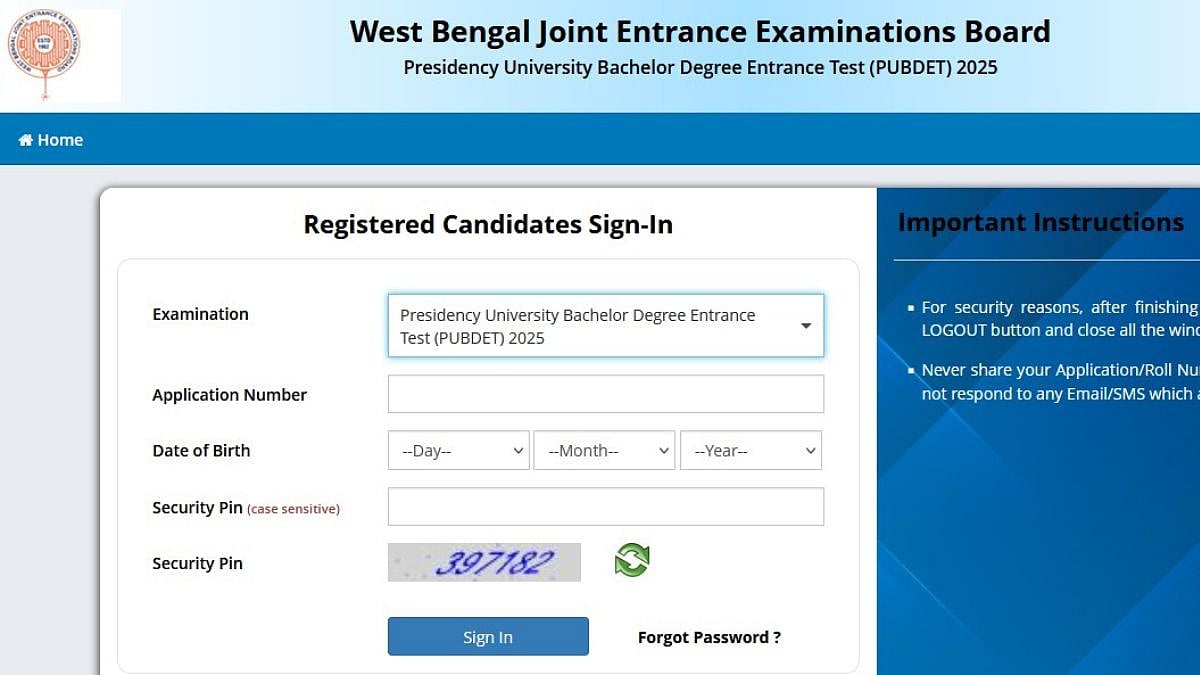Mumbai: The Indian stock market will remain closed on Wednesday, August 27, 2025, as both the National Stock Exchange (NSE) and the Bombay Stock Exchange (BSE) have declared a holiday on account of Ganesh Chaturthi. This marks a short trading week for investors and traders, as only four working days will be available for market activity.
Ganesh Chaturthi is a major Hindu festival celebrated with great enthusiasm, especially in Maharashtra and several other parts of India. Due to the importance of the festival, financial institutions, including stock exchanges, suspend operations for the day. As a result, there will be no buying or selling of stocks, derivatives, or any other financial instruments on this day.

This comes shortly after the August 15 Independence Day holiday, which also saw the markets closed, giving investors a long weekend. Looking ahead, the next market holiday after August 27 is on October 2, when both Gandhi Jayanti and Dussehra fall on the same day.
Other upcoming market holidays include October 21 (Diwali – Laxmi Puja), October 22 (Balipratipada), November 5 (Guru Nanak Jayanti), and December 25 (Christmas). On October 21, although markets will be closed for most of the day, a special Muhurat trading session may be held in the evening as part of Diwali traditions.
It’s not just the stock exchanges that will be closed on August 27. Banks in several states will also observe a public holiday. Cities including Mumbai, Belapur, and Nagpur in Maharashtra, Ahmedabad in Gujarat, Bengaluru, Bhubaneswar, Chennai, Hyderabad, Panaji, and Vijayawada will see banks closed in observance of Ganesh Chaturthi, Samvatsari (Chaturthi Paksha), Varasiddhi Vinayak Vrat, and Vinayak Chaturthi. These closures are based on regional holidays, and bank operations in other cities may remain unaffected.

According to the Bombay Stock Exchange (BSE), a wide range of market segments will remain non-operational on August 27. These include Equity, Equity Derivatives, Currency Derivatives, Commodity Derivatives, Securities Lending and Borrowing (SLB), Electronic Gold Receipts (EGR), New Debt Segment (NDS-RST), Tri-party Repo, Corporate Bonds, Mutual Funds, Interest Rate Derivatives, and the Negotiated Trade Reporting Platform. No trading activity will be permitted in any of these segments.
Investors are advised to plan their trading activities accordingly and take note of these holidays in advance to avoid any last-minute inconvenience.










